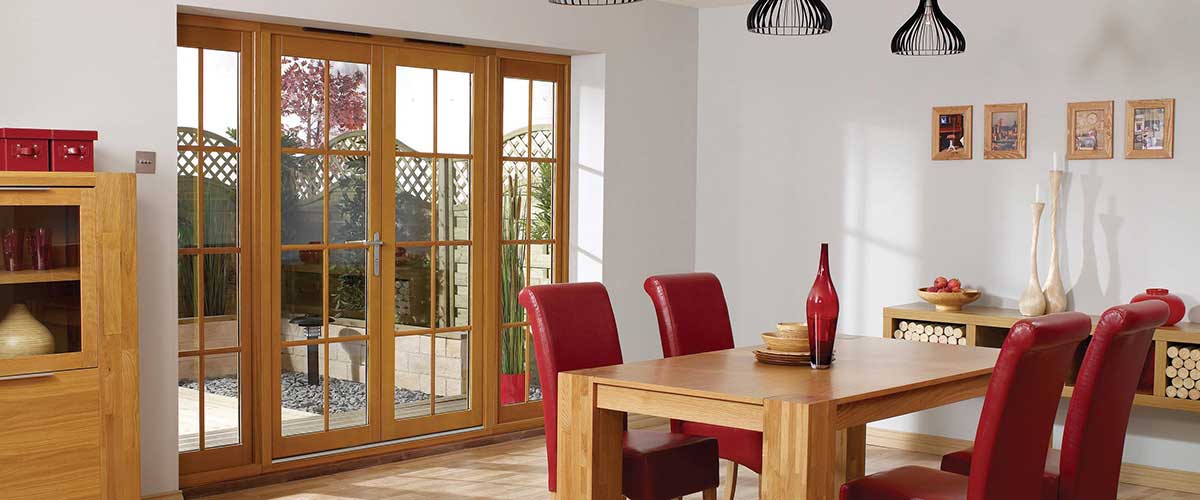Governments Green Deal - how it works
The move to insulate the UK's aged housing stock is designed to save carbon emissions, keep people warm, and make energy affordable.Homeowners will first be visited by an assessor, who will ask some basic questions about their energy usage.

Approved Green Deal installers, such as energy companies or DIY chains, will then advise on potential improvements, such as double-glazing, insulation or new heating systems.
Consumers will pay for the improvements by taking out a loan with the Green Deal Finance Company, a non-profit making organisation backed by the government.
Such loans will be paid back through electricity bills for periods of up to 25 years.
There is no guarantee that the eventual savings made by consumers will match the cost of the loans they take out to make the improvements.
Customers will ask themselves, is the price too high? Could
they get a better deal elsewhere?”
Quote Richard Lloyd Which?
"However, there's a good chance that you will make savings," said Paul Reeve, of the Electrical Contractors' Association.
Mr Reeve said it was possible, but unlikely, that consumers could end up out of pocket.
"Many of us believe that energy prices will continue to rise over the coming years. If that's true, people who've taken on the Green Deal will generally feel a lot better off," he explained.
The costs
Consumers taking out Green Deal loans will have to repay them at a maximum rate of 6.92%, according to the Department of Energy and Climate Change.
Compared to a standard home loan rate, that is relatively high.
On top of the loan, householders will have to pay a £63 set-up charge, and a £20 a year annual fee.
On a loan of £5,000, the overall rate that is repayable is just under 8% over 10 years, or 7.7% over 25 years.
The government argues that such rates are comparable to the best High Street rates for long-term unsecured loans.
Richard Lloyd, the executive director of Which? magazine, is sceptical about the value for money represented by the loans.
"Customers will ask themselves, is the price too high? Could they get a better deal elsewhere?"
There is no formal cap on the amount that individuals can borrow under the scheme, but the government expects that £10,000 will be the maximum amount that most people will apply for.
Energy and climate change minister Greg Barker says the Green Deal offers a "really good deal"
Anything larger would not be justified by the potential savings on energy bills.
The government is also introducing a cashback incentive scheme, to encourage people to take advantage of the deal.
In total, the Department of Energy and Climate Change has earmarked £125m to pay out on a first-come, first-served basis.
"The more work households decide to have done, the more cash they could receive," said a government spokesman.
"Some packages could be worth over £1,000," he said.................
Acknowledgement; This is an extract from the BBC website, the full post and more "Related Info" can be read HERE.
Note;
This info is a general insight,
please check out the facts, the issues and the pitfalls for yourself.
We (DirectDoors.com) are not Green Deal registered, we can supply "PART L" compliant doors and other products such as Pvc Doors or Composite doors with low "U-Values" but as you will have read above you must appoint a contractor that is registered to do the installation if you decide to go down the Green Deal route.
Info supplied by Chippy for DirectDoors.com